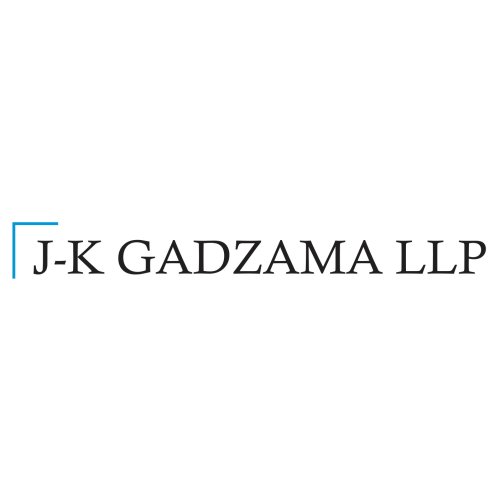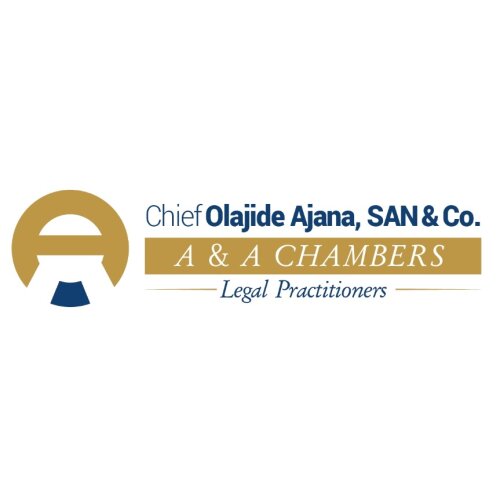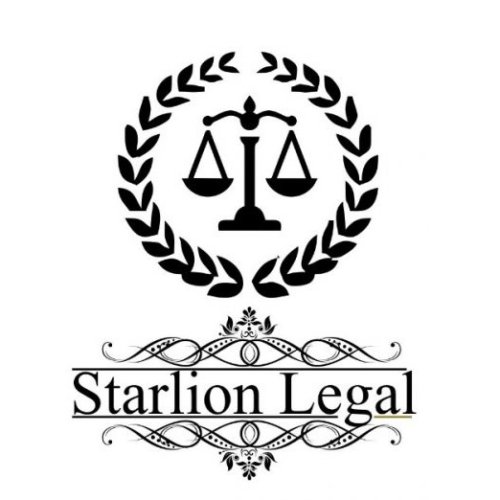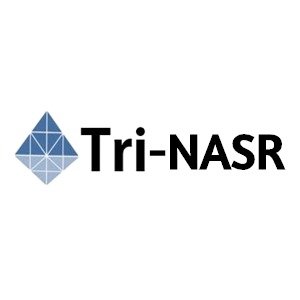Best Franchising Lawyers in Abuja
Share your needs with us, get contacted by law firms.
Free. Takes 2 min.
List of the best lawyers in Abuja, Nigeria
About Franchising Law in Abuja, Nigeria
Franchising in Abuja, Nigeria is governed by various laws and regulations. A franchise is a business relationship where the franchisor grants the franchisee the right to operate a business using the franchisor's established brand, trademarks, and knowledge. Franchising offers many opportunities for individuals to start their own businesses while benefiting from established brands and support networks.
Why You May Need a Lawyer
Seeking legal advice in franchising is crucial to ensure you understand the legal implications of the franchise agreement and protect your rights. A lawyer can help you:
- Review and negotiate franchise agreements
- Understand your rights and obligations under the agreement
- Resolve disputes with franchisors or other franchisees
- Ensure compliance with local franchising laws and regulations
- Protect your intellectual property
Local Laws Overview
Here are the key aspects of local laws relevant to franchising in Abuja, Nigeria:
- The Federal Competition and Consumer Protection Act (FCCPA) regulates franchising agreements to safeguard the rights of consumers and prevent unfair competition.
- The Companies and Allied Matters Act (CAMA) governs the establishment and operation of companies in Nigeria, including franchisors and franchisees.
- The Trademarks Act protects the franchisor's trademarks and provides remedies for trademark infringement.
- The Nigerian Copyright Act safeguards the intellectual property rights of the franchisor.
Frequently Asked Questions
1. Can I use my own branding in a franchise agreement?
In most cases, franchise agreements require the use of the franchisor's branding and trademarks. However, some agreements may allow for limited customization or co-branding. It's essential to review the agreement and consult a lawyer to understand the terms.
2. How long does a franchise agreement typically last?
The duration of a franchise agreement can vary. It is usually specified in the agreement itself. Some agreements may have a fixed term (e.g., 5 years), while others may be renewable annually or have no set expiration date. It's crucial to carefully review and negotiate the term during the agreement drafting process.
3. What are the fees involved in franchising?
Franchising typically involves various fees, such as initial franchise fees, royalty fees (a percentage of sales), and advertising fees. These fees vary between franchisors and should be clearly addressed in the franchise agreement. It's advisable to consult a lawyer to ensure transparency and fairness regarding fees.
4. What legal remedies do I have if the franchisor violates the agreement?
If the franchisor breaches the franchise agreement, you may have legal remedies such as seeking damages, termination of the agreement, or specific performance. It's important to document any violations and consult a lawyer promptly to explore your options.
5. Are there any specific disclosure requirements for the franchisor?
Yes, the franchisor is generally required to provide a disclosure document to potential franchisees at least 14 days before signing the franchise agreement. This document, known as the Franchise Disclosure Document (FDD), contains crucial information about the franchisor, their financials, and other relevant details. It's recommended to have a lawyer review the FDD before entering into any franchise agreement.
Additional Resources
If you require legal advice or further information on franchising in Abuja, Nigeria, consider reaching out to the following resources:
- 1. The Nigerian Franchise Association (NFA): They provide guidance, support, and educational resources for both franchisors and franchisees in Abuja, Nigeria. Website: www.nfa.org.ng
- 2. Abuja Chamber of Commerce and Industry (ACCI): They offer business support services and can provide information on local franchising laws and regulations. Website: www.abujachamber.org
Next Steps
If you require legal assistance in franchising in Abuja, Nigeria, follow these steps:
- 1. Research and shortlist lawyers specialized in franchise law.
- 2. Schedule consultations to discuss your specific needs and gain clarity on their expertise.
- 3. During the consultation, inquire about their experience in franchising, fee structure, and availability.
- 4. Choose a lawyer whose experience and approach align with your requirements.
- 5. Engage the lawyer and provide them with all relevant documentation and information to proceed with your case.
Lawzana helps you find the best lawyers and law firms in Abuja through a curated and pre-screened list of qualified legal professionals. Our platform offers rankings and detailed profiles of attorneys and law firms, allowing you to compare based on practice areas, including Franchising, experience, and client feedback.
Each profile includes a description of the firm's areas of practice, client reviews, team members and partners, year of establishment, spoken languages, office locations, contact information, social media presence, and any published articles or resources. Most firms on our platform speak English and are experienced in both local and international legal matters.
Get a quote from top-rated law firms in Abuja, Nigeria — quickly, securely, and without unnecessary hassle.
Disclaimer:
The information provided on this page is for general informational purposes only and does not constitute legal advice. While we strive to ensure the accuracy and relevance of the content, legal information may change over time, and interpretations of the law can vary. You should always consult with a qualified legal professional for advice specific to your situation.
We disclaim all liability for actions taken or not taken based on the content of this page. If you believe any information is incorrect or outdated, please contact us, and we will review and update it where appropriate.

















